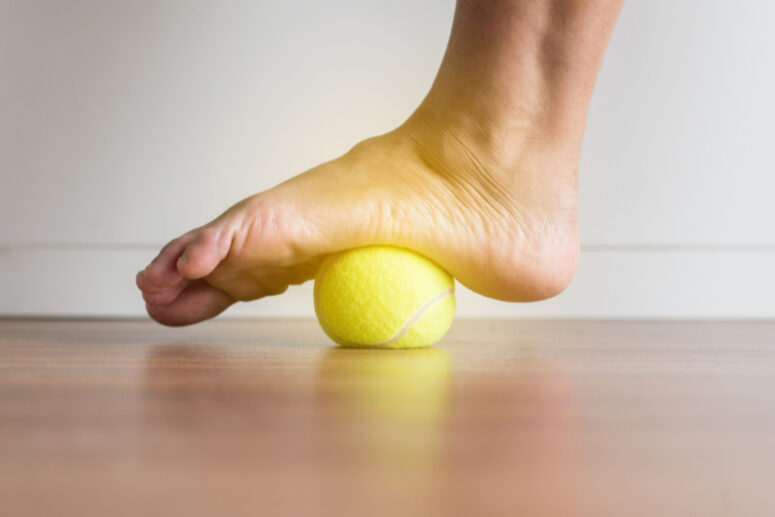Cavus feet is a specific foot condition in which the person’s foot has an abnormally high arch. This condition can happen at any age, although it is uncommon to be born with this problem. Instead, the ailment tends to develop slowly over the first ten years of a person’s life. You can develop this condition in one or both of your feet. There are several different reasons a person might develop cavus feet and the symptoms may differ based on the specific cause. Cavus feet can often cause a lot of pain for those who develop it. In this article, we will discuss what causes cavus feet, and where you can find shoes for high arches and high arch insoles in Algonquin.
 What Are the Causes of Cavus Feet?
What Are the Causes of Cavus Feet?
There are several different potential answers to “What causes cavus feet?” Most of the time, these causes are congenital, neuromuscular, or developmental in nature. Underlying medical conditions like polio, muscular dystrophy, or cerebral palsy can cause cavus feet. Some people are simply born with high-arched feet, which can cause pain in the arch of a foot. This doesn’t necessarily mean they automatically have cavus feet. However, if your high arches are causing you so much pain in the arch of a foot or both feet that you have to walk abnormally, consult your doctor. It could be indicative of cavus feet or another medical problem. Your genetics certainly play a part since some people are born with naturally high arches. But most of the time, cavus feet are caused by other medical conditions like:
- Spina bifida
- Spinal tumors
- Polio
- Cerebral palsy
- Muscular dystrophy
- Spinal cord injury
- Charcot-Marie-Tooth disease (CMT)
- Stroke
Having high-arched feet can cause even more problems. This is why it’s so important to consult a doctor if your high arches are causing you pain. Luckily, there are a lot of treatment options when you feel pain in the arch of a foot. You don’t have to suffer each day in pain because it is difficult to walk. But the first step is consulting an expert.
Symptoms of Cavus Feet
Now that you know what causes cavus feet, you might be wondering what the symptoms of the condition are. Of course, the most common symptom of this condition is high arches in one or both feet. To determine if you have abnormally high arches, you’ll first want to wet your feet. Then you should put a piece of paper on a flat surface and stand on it. Once you move your feet, check out the imprint you left behind. If you have high arches, you’ll probably only see imprints from your heel and the ball of your foot. There might not be anything left behind between those two distinct imprints because your arches are so high. Here are some additional signs you might be experiencing cavus feet:
- Calluses on the ball, heel, or side of your foot
- Toes that are bent (hammertoes)
- Toes that are clenched (claw toes)
- Recurring ankle sprains
- Foot drop (weakness in foot or ankle muscles)
- Instability in the foot due to walking on the outside of it
Of course, you won’t know for sure whether you have cavus feet until you consult a professional. It’s important to get a proper diagnosis so you can get to treating your high arches.
 How to Treat Pain in Arch of Foot
How to Treat Pain in Arch of Foot
You should see your doctor about painful high arches as early as possible. Catching cavus foot early helps manage symptoms and potentially prevent surgery down the line. Your physician will conduct a physical examination first. Your doctor will examine the arches of your feet and likely look for other symptoms like hammertoes and claw toes. The doctor will also test your foot for muscle strength and may ask to see you walk around. This is all done to better understand your walking patterns and what the cause of your pain might be. Here are some tests a doctor might run to properly diagnose you:
- X-ray
- EOS imaging
- Computed tomography (CT) scan
- Magnetic resonance imaging (MRI)
In most cases, when you are diagnosed with cavus foot, you will need treatment. Depending on the severity of your condition and the cause, treatments vary. In extreme cases, surgery may be required. However, most cases of pain in the arch of a foot can be resolved without surgical intervention. Non-surgical treatment options include shoes for high arches, orthotic devices, and braces. Shoes for high arches are specially designed with wider bases on the heel and higher tops than regular shoes. Orthotic devices are inserts custom designed for your foot that can be inserted into your shoes. A doctor may also recommend a brace if you experience foot drop. All of these options provide more stability for your feet and ankles.
 High Arch Insoles in Algonquin
High Arch Insoles in Algonquin
At Foot and Ankle Specialists of Illinois, we believe that good foot health is the first step to assessing overall health. Being able to get around comfortably is incredibly important and should not be overlooked. When your feet don’t work the way you want them to, it makes everything else harder. If you aren’t able to walk comfortably, your quality of life can immediately go down, both physically and mentally. This is why establishing a strong base goes a long way when it comes to your overall health. This is why we specialize in comprehensive foot care, from heel and arch pain to bunions and nerve pain.
Are you looking for high arch insoles in Algonquin? The Foot and Ankle Specialists of Illinois serve clients in Algonquin, Huntley, Carpentersville, and surrounding areas. If you are experiencing pain in the arch of your foot or believe you have cavus feet, contact us today. We can help determine the cause of your high arch foot pain and potential underlying conditions. When it comes to your feet, it’s important to speak to a specialist. And for more news about foot- and ankle-related conditions, check out our other blog posts.

